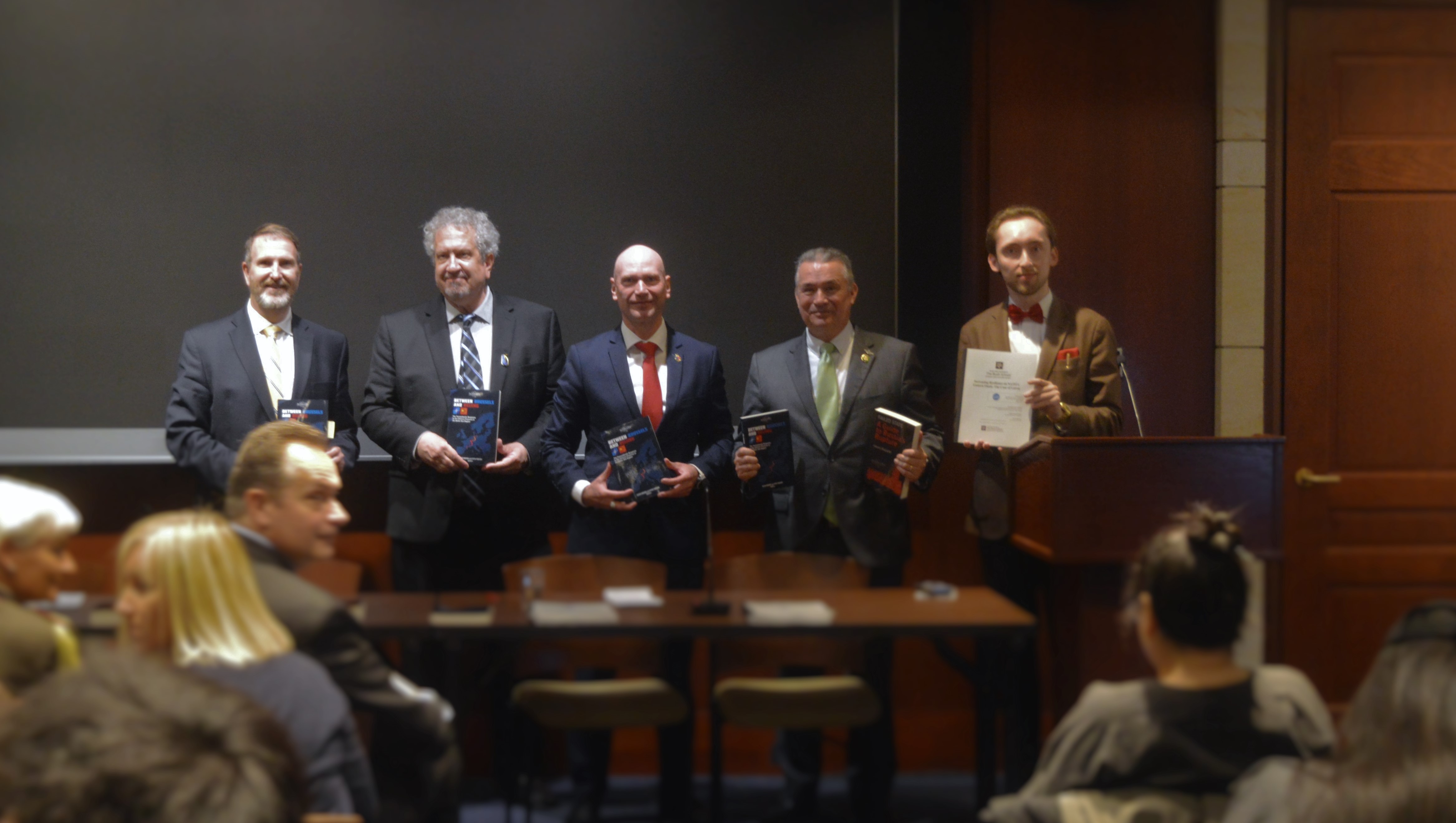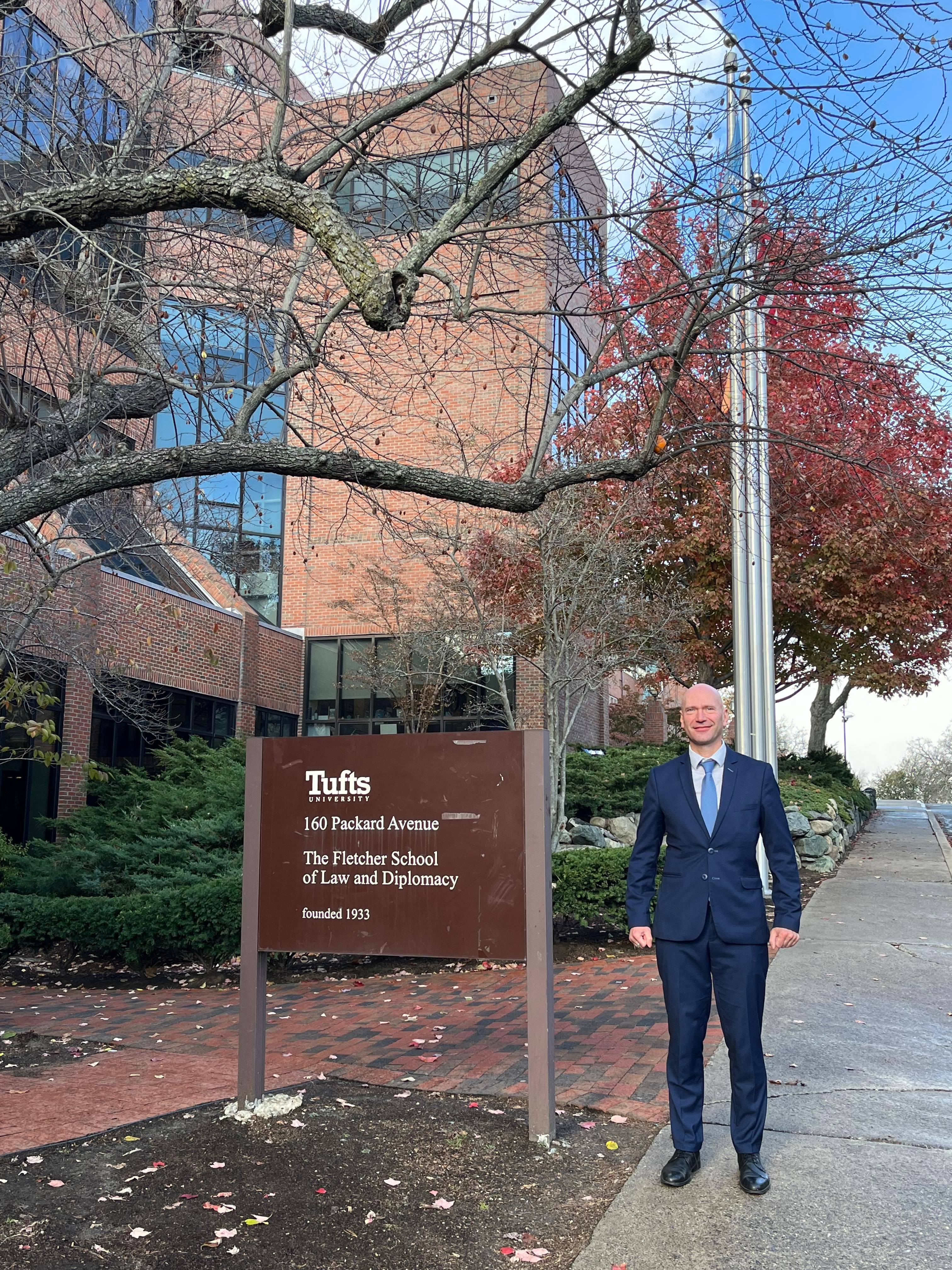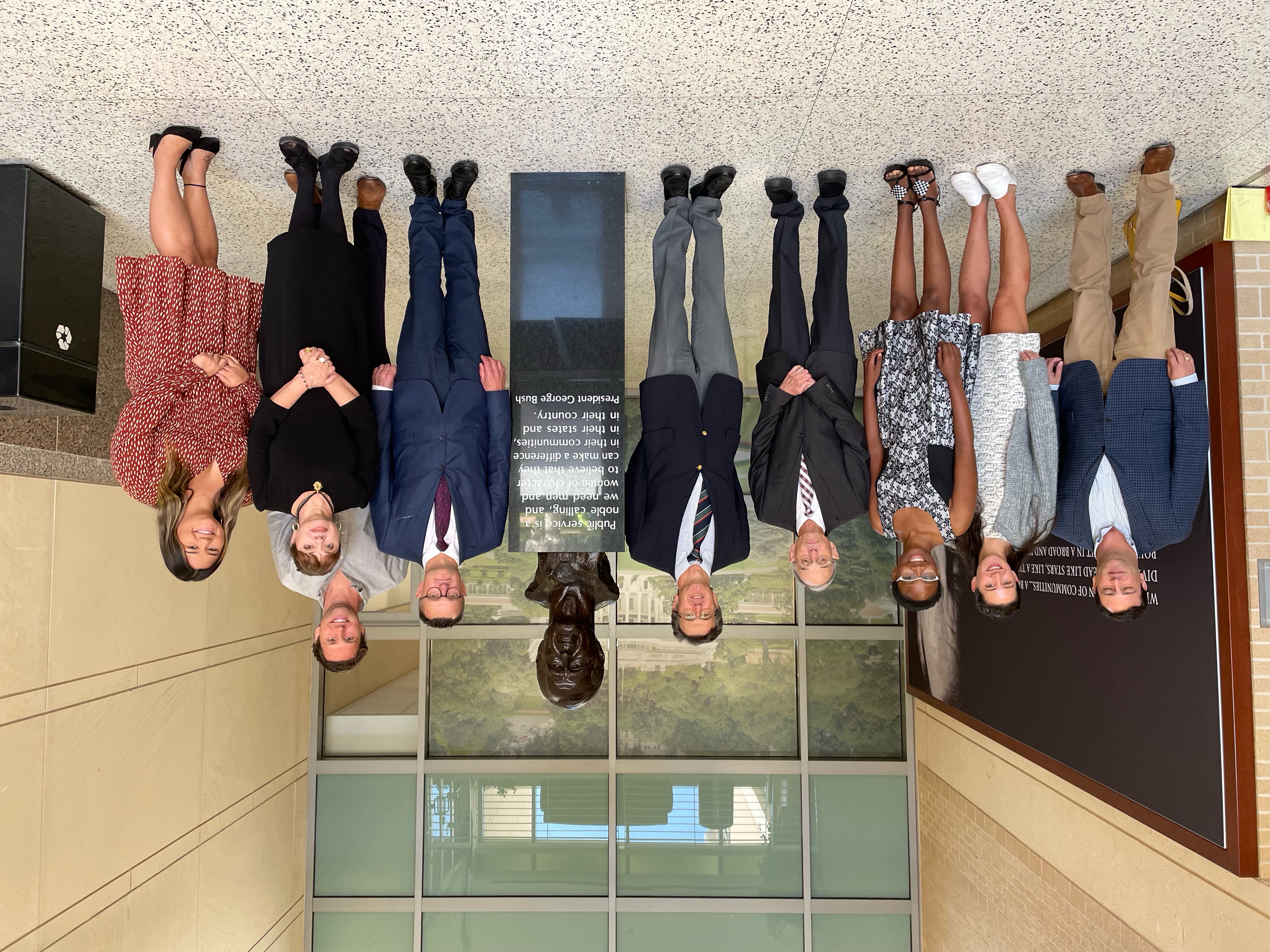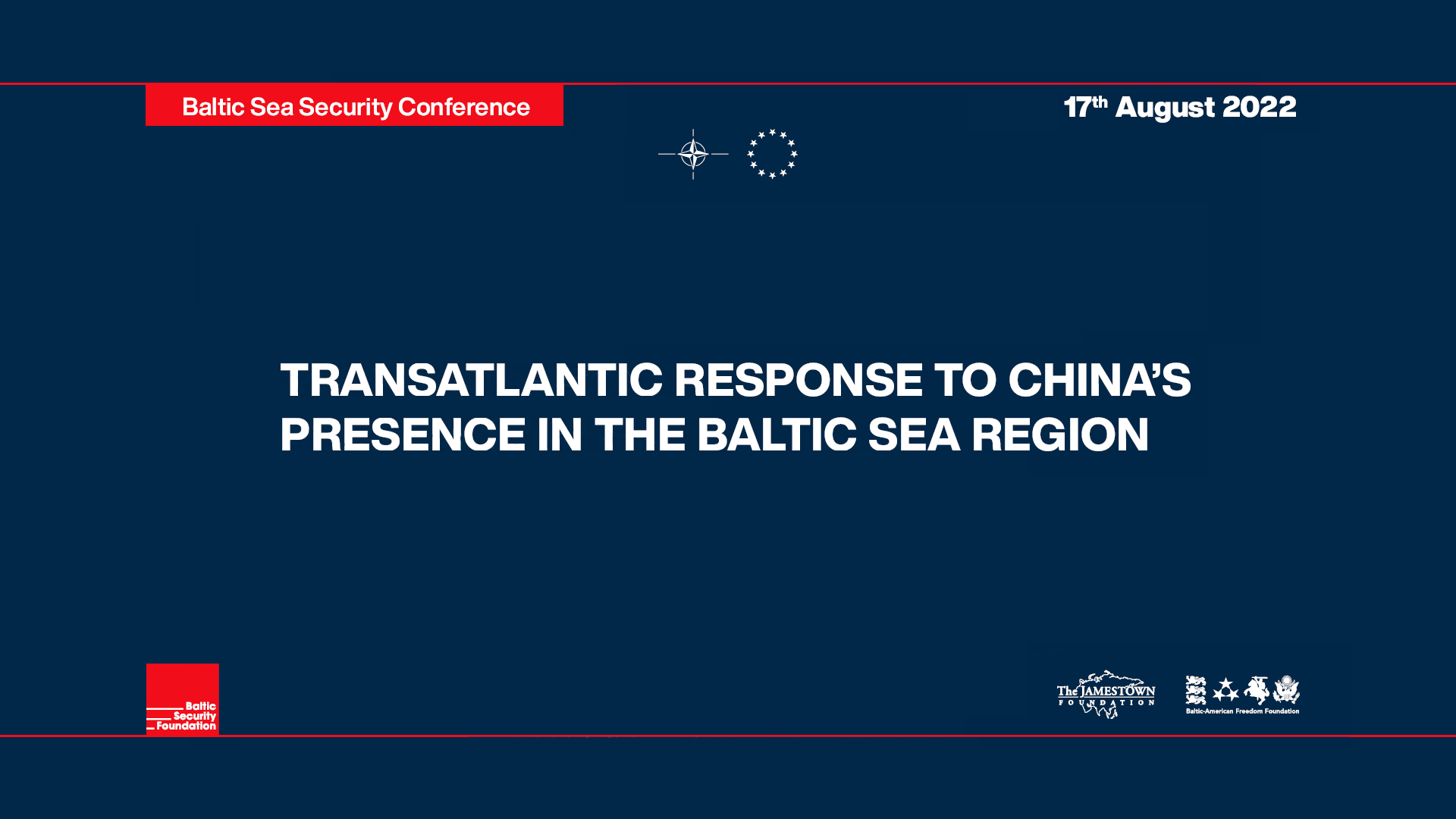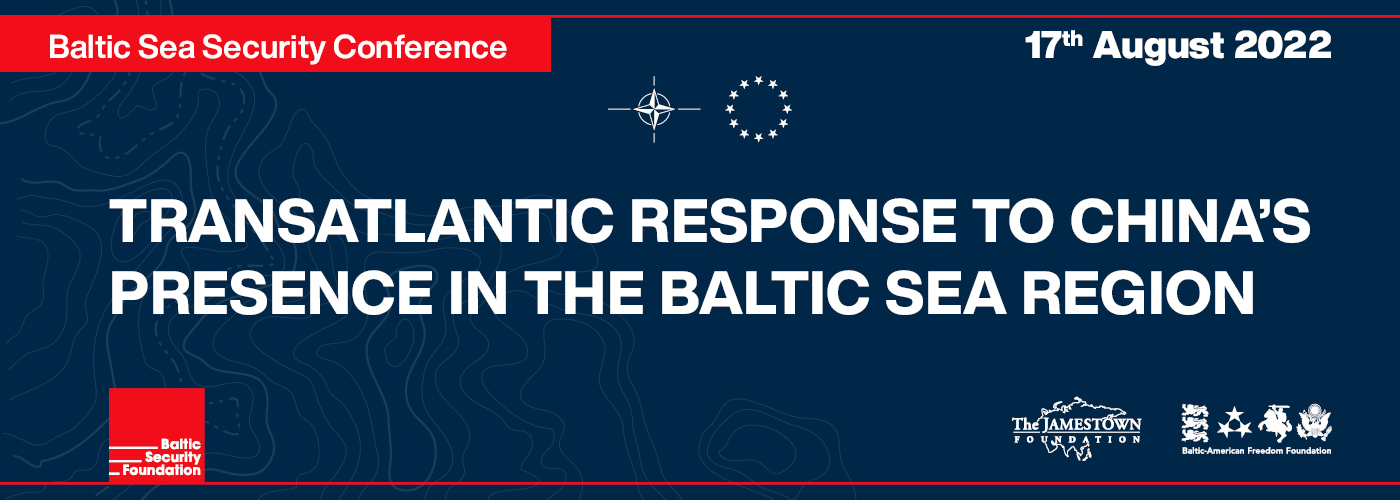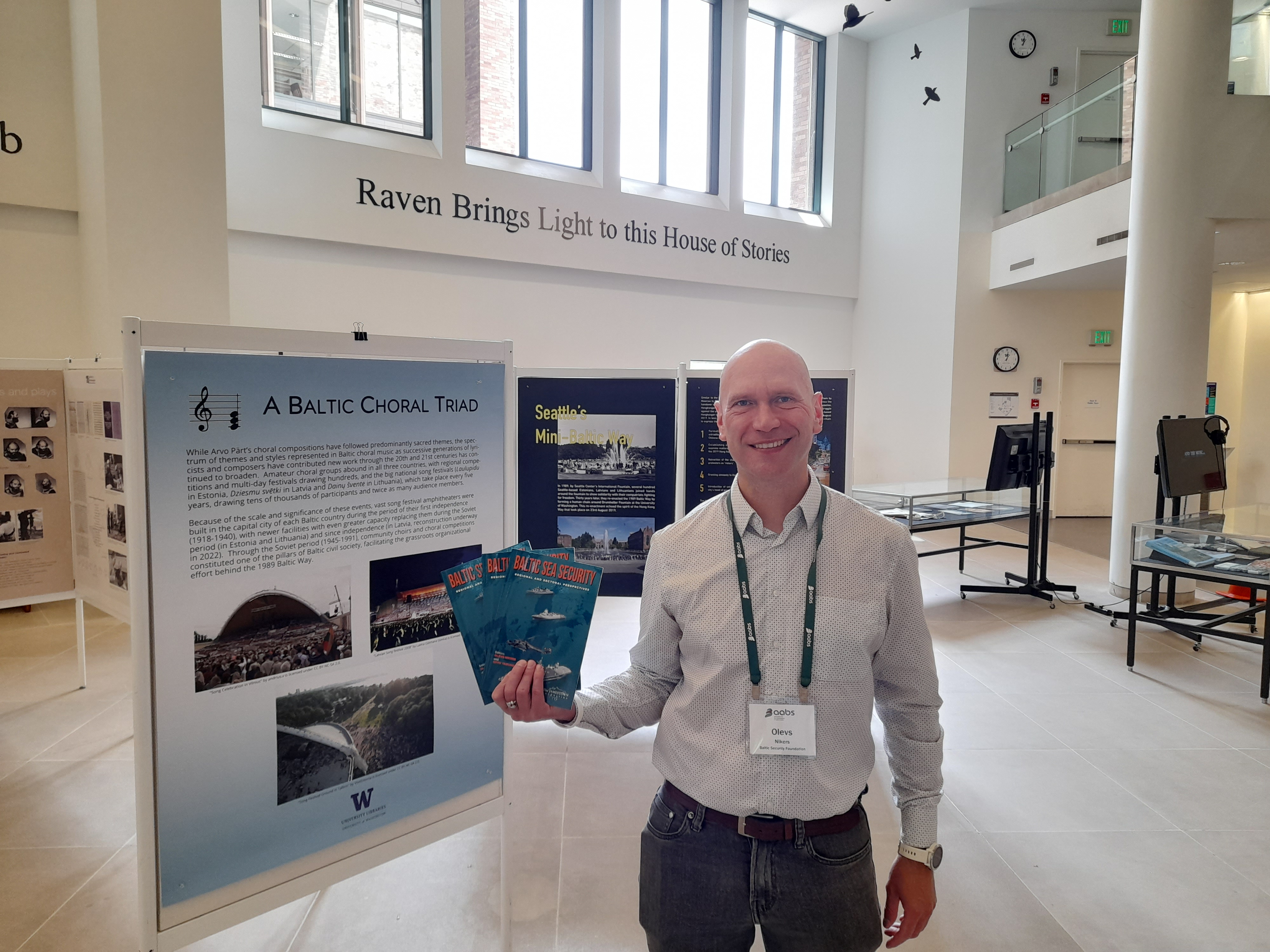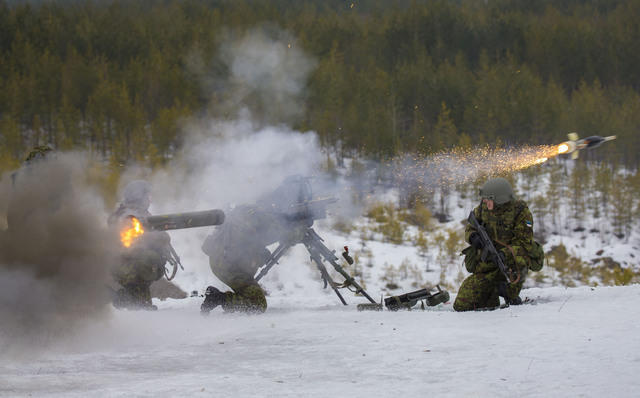BSF at the U.S. Congress
The Baltic Security Foundation co-hosted an event at the Congress of the United States of America on China’s influence in the Baltic Sea region. The event was made possible together with The Jamestown Foundation and JBANC. The event was opened by co-chair of the House Baltic Caucus Representative Don Bacon. In the first part of the event, Glen E. Howard, Roger W. Robinson Jr., Olevs Nikers and Dimon Liu discussed the book “Between Brussels and Beijing: Transatlantic Response to Chinese Presence in the Baltic Sea.

